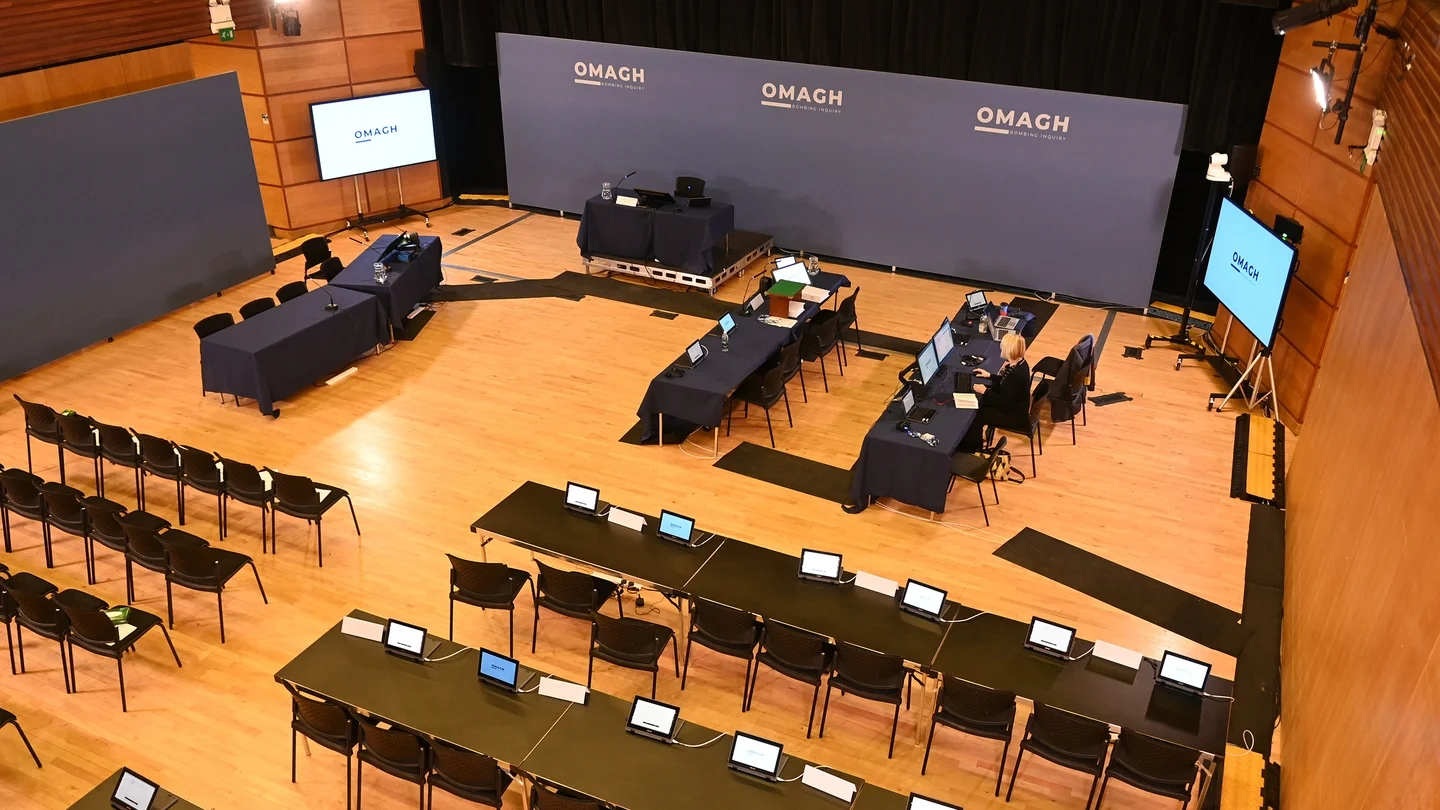
The Irish Government and Omagh Bombing Inquiry have established a formal agreement to allow investigators access to information held by the Irish State about the 1998 bombing that killed 29 people.
A Memorandum of Understanding outlines arrangements for information sharing, with the Department of Justice creating a central contact point to handle all information requests. Further discussions will address additional cooperation, including whether witnesses from the Republic of Ireland will testify.
Families of victims have demanded full disclosure of relevant intelligence from the Irish Government regarding the bombing, which occurred as dissident republicans attempted to derail the peace process following the Good Friday Agreement.
Justice Minister Jim O’Callaghan described the agreement as “an important step forward” that serves “the best interests of the victims’ families and survivors.” He noted that his department is already managing information requests and engaging with relevant agencies including An Garda Síochána.
Sam Hartley, Secretary to the Inquiry, called the agreement a “significant step forward” for accessing materials and assistance from Irish authorities.
However, Michael Gallagher, whose son Aiden died in the bombing, expressed disappointment that victims’ families were excluded from discussions. “I think it’s tragic that the government didn’t engage with families, that would have been a hugely important part of this process,” he said. “We have had no input whatsoever into this document.”
Gallagher has sought meetings about practical implementation, including whether witnesses from Ireland would testify in person or provide statements remotely.
While the Omagh Inquiry was established to investigate potential intelligence failures by UK authorities, families maintain that full cooperation from the Irish State is essential for complete disclosure. The bombers originated from Ireland, where the car was stolen, the bomb constructed, and where perpetrators fled after the attack.
The memorandum stipulates that O’Callaghan will cooperate “to that extent that is permissible under laws applicable in Ireland” to establish engagement mechanisms and provide lawful assistance.
Information requests must be submitted in writing, with Irish authorities retaining sole discretion over compliance. Requests must detail what’s being sought, explain why, describe how information will be used, and include response deadlines.
All materials will undergo assessment for redaction to comply with Irish law, the constitution, EU law, and the European Convention on Human Rights. Inquiry team members may travel to Ireland to view unredacted documents except in exceptional circumstances.
Information provided cannot be disclosed to third parties without government approval, and all materials must be returned or destroyed when the inquiry concludes.











Be the first to leave a comment